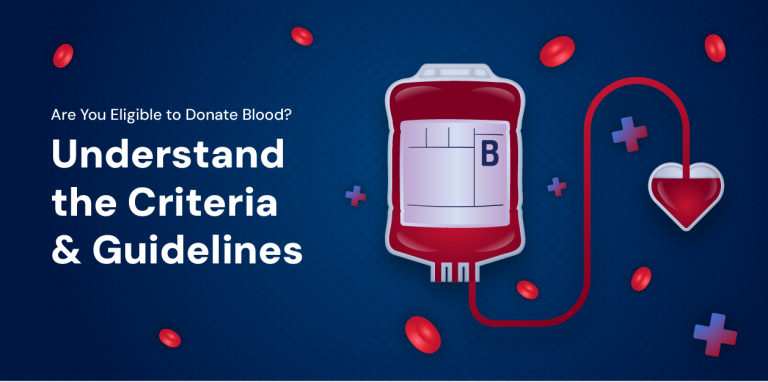For some people, driving is a hobby or a way to escape to their favourite destinations. It gives them a sense of well-being or pleasure. On the contrary, a few others consider it a mere part of their daily routine. Driving on heavy traffic roads amidst honking vehicles can give rise to negative emotions such as anxiety, stress, depression, etc. Personal or work-related stress can also affect an individual’s driving.
Studies suggest that prolonged driving hours can detrimentally affect mental health. Daily commutes might slowly reduce one’s emotional resilience. However, contradictory studies state that driving can act as a stress-relief panacea, providing solace amid life’s chaos.
Stress and Its Toll on Driving
In the fast-moving world, stress has become a part of our daily lives and has a negative impact. Even our driving is affected by stress.
- Distracted Driving: It is considered one of the reasons for collisions on the road.
- Focus: When a stressed person is driving, their attention span is shortened.
- Roadway Lapses: Stressed drivers might miss potholes on the road or misinterpret traffic light changes which can be dangerous especially while taking turns.
- Emotional Response: Stressed drivers react more emotionally to whatever is going out there on the road.
- Waning Patience: At times, a stressed individual becomes impatient and less tolerant.
Therefore, a cool calm mind is required while driving.
Ways to De-stress Behind the Wheel
When driving stressed, strong emotions such as fear and anger could emerge and cause illogical reactions which can put drivers, passengers, and other drivers at risk. To keep away from stress while driving, here are some suggestions to reduce anxiety:
- Tolerance: Developing a culture of mutual tolerance and respect decreases anxiety for all drivers.
- Embrace Road Etiquette: Follow traffic rules, acknowledging pedestrians and cyclists.
- Alter Position: Adjusting your position in the vehicle and keeping your body loose can help curb stress.
- Cultivating a Positive Attitude: Before starting the ride, a positive state of mind helps in a smoother journey.
- Deep Breathing: An easy technique to relax is deep breathing through your nose and exhaling slowly.
Driving: Therapeutic Avenue for Mental Health
Several ways driving is advantageous for mental health:
- Mental Hacks: Facilitates thinking that may be linked with personal reflection, problem-solving, meditation, or the practice of mindfulness.
- Contemplation in Motion: Provides a sense of freedom and independence.
- Mind Enhancer: Boosts cognitive function and may also slow down the process of aging.
- Skill Sharpener: Cultivates various prowess such as the ability to focus. Helps our brain think productively.
Therefore, driving is a boon for mental health.
Steering the Stressors
Beyond the above-mentioned advantages, other ways to deal with stress while driving include listening to your favourite music or podcasts, leaving early for your destination, etc.
Conclusion: Paving the Path to a Serene Drive
For some, driving is an exhilarating adventure. Driving offers many rewards such as a sense of independence and much-needed thinking space. For some others, it can be a source of stress amidst the chaos of rush hours or ongoing construction activities. By implementing practical stress-free tips, driving could be made a calmer and safer experience.
-Content partner Happiest Health





